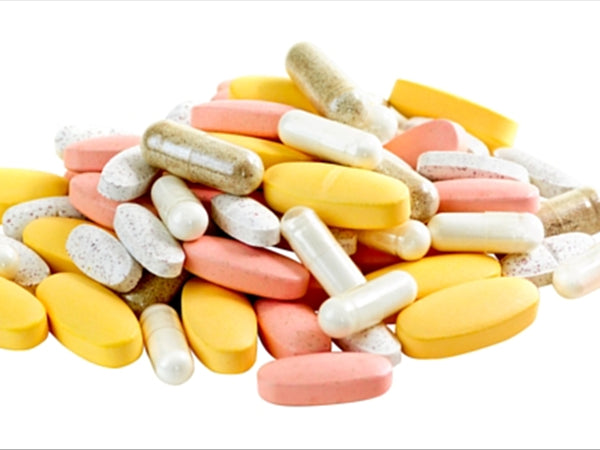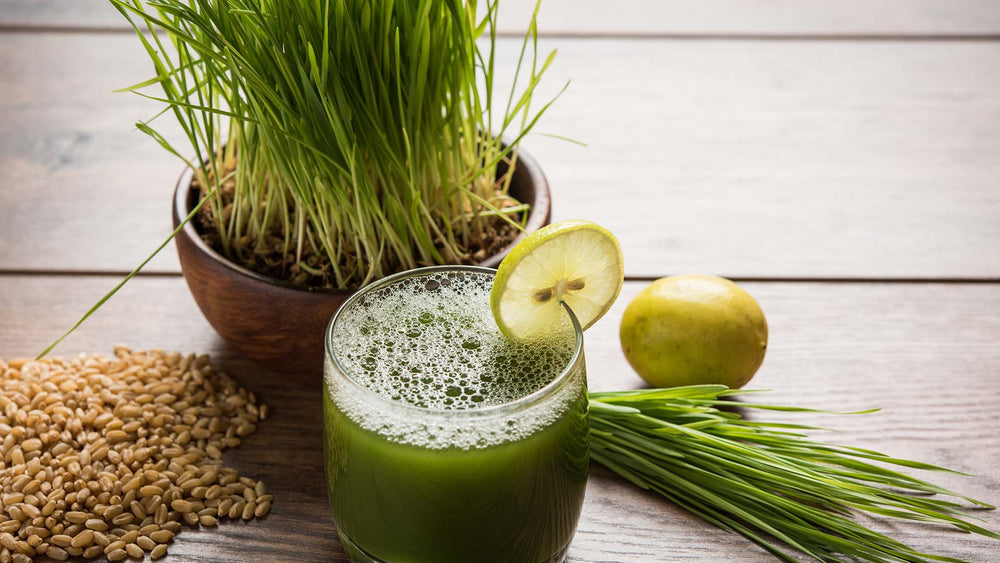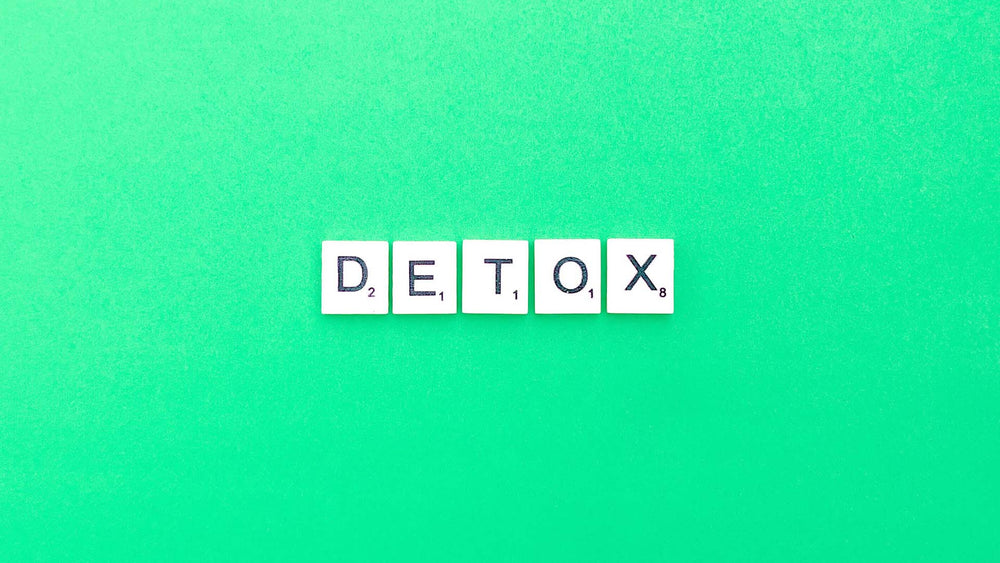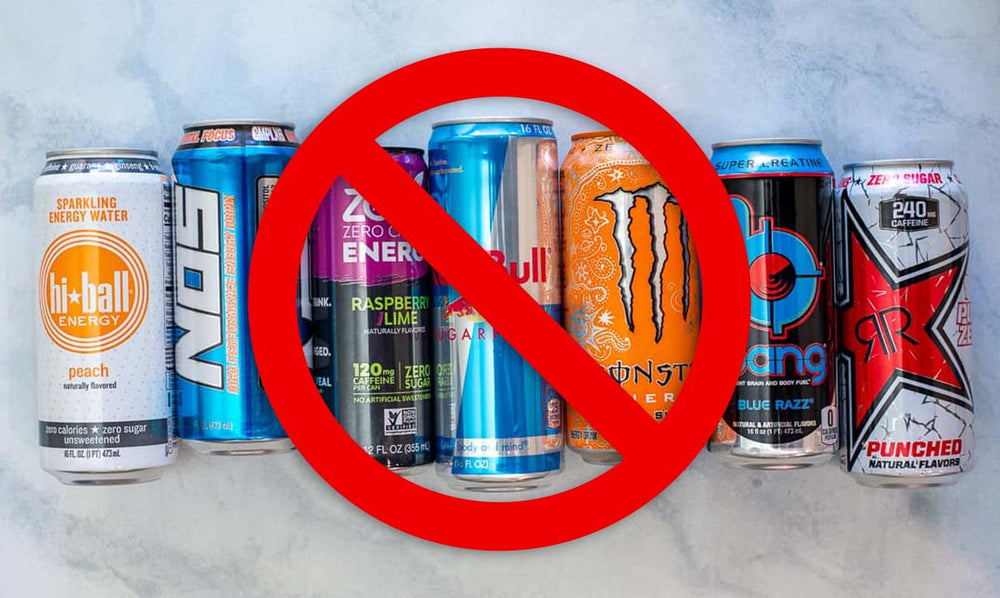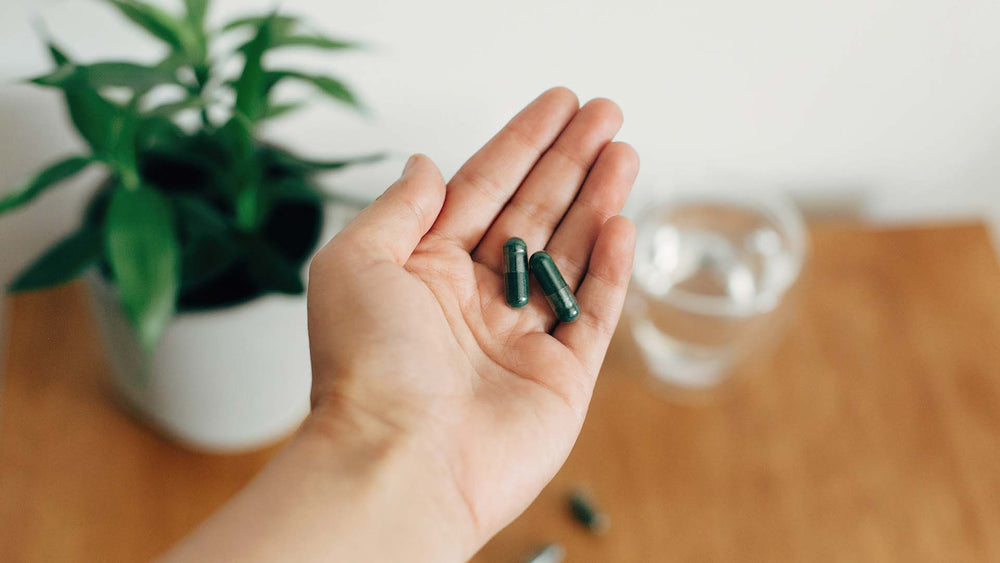All B-complex vitamins protect against cognitive decline, low energy and premature aging, but Vitamin B12 offers the most potent health properties. Essential for DNA metabolism, Vitamin B12 (cobalamin) is water-soluble and can’t be stored in the body. You get it from the foods you eat, including red meat, eggs, cheese and yogurt. Many people supplement their intake of B12 with vitamin pills or injection shots.
Vitamin B12 is important for forming healthy nerve cells, and it works with Vitamin B9 (folate) to improve the immune system and build red blood cells. Like other B-complex vitamins, it turns the food you eat into energy.
Vitamin B12 deficiency causes a wide range of symptoms, mostly in older adults and younger people with underlying health problems.
Causes of Vitamin B12 Deficiency
Older adults experience poor B12 absorption due to low stomach acid. Poor absorption may also be attributed to heredity or certain surgeries. Alcoholics often have problems absorbing Vitamin B12, causing fatigue, dizziness, difficulty walking and other symptoms of severe cobalamin deficiency.
Other causes of Vitamin B12 deficiency include:
Crohn’s Disease. Individuals with Crohn’s Disease or other bowel problems will experience difficulty absorbing Vitamin B12. If a Crohn’s patient has short bowel syndrome due to removal of the terminal ileum, or end of the small intestine, it will be impossible to absorb enough Vitamin B12 for optimum health. A B12 nasal spray, sublingual B12 vitamins (pills placed under the tongue) or B12 injections may be recommended, in addition to eating more red meat and dairy.
A strict vegan diet. A Japanese study indicates vegans and vegetarians are more likely to develop a Vitamin B12 deficiency than meat-eaters. Vegans should eat B12 fortified foods, yeast extract spreads, soy products, or whey powder to avoid serious health problems from a B12 deficiency.
A study compared vegans and vegetarians who didn’t take B12 supplements to meat eaters. It found that vegans/ vegetarians had higher levels of homocysteine than meat-eaters. The higher your homocysteine level, the greater the chances of suffering a stroke or heart attack.
Vegetarians can guard against anemia and lack of Vitamin B12 by and eating more cheese, yogurt and eggs. Any dairy product will increase the B12 in your system, as well as calcium, Vitamin D and protein. Vegans will have a more difficult time
Diabetics who take Metformin have difficulty absorbing Vitamin B12.
People who have too many bad bacteria in their intestines are unable to absorb much Vitamin B12. A low amount of good gut bacteria may also cause depression and other health problems. Increasing the amount of good bacteria through diet may remedy this.
In extreme cases of Vitamin B12 deficiency, the individual may exhibit vision problems, yellowing skin and changes in the sense of touch and ability to feel pain.
The National Institute of Health recommends 2.4 mcgs a day for individuals over 14. Most people in the U.S. consume at least the RDV of Vitamin B12.
If you experience any of the following symptoms of Vitamin B12 deficiency, you may need to change your diet and take supplements containing cobalamin.

Depression
Without sufficient amounts of Vitamin B12 and other B-complex vitamins, dopamine, serotonin and other mood-regulating brain chemicals diminish. Depression and anxiety occur due to the reduction of these essential neurotransmitters. Individuals who are already depressed often make poor dietary choices. This only makes their depression worse. Excess amounts of junk food, sugary desserts, soda, refined flour and fast food can cause obesity, cardiovascular disease and diabetes in addition to causing or increasing depression.
Many doctors prescribe SSRIs, (selective serotonin reuptake inhibitors) to improve serotonin function and reduce depression. Zoloft, Paxil, Prozac and other SSRIs treat depression, but their side effects can be dangerous. They include weight loss, sexual dysfunction, headaches, insomnia, and possible autism linked to children of pregnant woman on SSRIs.
Increasing the amount of Vitamin B12 intake (along with folate and Vitamin B6) through supplements has been shown to help reduce depression, according to a University of Western Australia study published in the September 2014 British Journal of Psychiatry. The study involved 153 Australian adults 50 and over taking anti-depressant medication. When subjects took B12, B6 and folate vitamins as an adjunct to medication, they exhibited fewer relapses and better mood than people taking medication only.

Insomnia
Do you toss and turn all night, or wake up in the middle of the night, unable to get back to sleep? Insomnia or poor sleep quality may be due to stress, anger, illness or depression. If you have ongoing sleep problems, and have ruled out illness or other causes, look into your intake of Vitamin B12.
A German study showed the amount of Vitamin B12 in your system has an influence on melatonin, a hormone regulating your sleep cycle. Vitamin B12 and other B vitamins are cofactors in the synthesis of serotonin. Serotonin is used to make melatonin and preserve a stable sleep-wake cycle. Vitamin B12 provokes an early release of melatonin at night, recalibrating the sleep cycle.
An adequate intake of Vitamin B12 and folate (Vitamin B9) helps control restless leg syndrome, a condition that makes sufferers move the position of their legs (or arms) when resting. RLS makes it difficult to get to sleep or stay asleep, causing fatigue during the day.
Another study on sleep patterns and Vitamin B12 involved a 17 year old boy and a 15 year old girl. After receiving Vitamin B12 supplements, both patients’ sleep-wake cycles improved.
Vitamin B12 boosts your sensitivity to morning sunlight, and may help you to wake up earlier – even without setting the alarm.

Cognitive Decline
Elderly individuals with low Vitamin B12 levels are more likely to suffer cognitive decline and memory loss. A study published in the September 2012 issue of Neurology showed seniors age 65 or older with low levels of Vitamin B12 had less brain volume and scored lower on cognitive function tests.
Some researchers suggest early signs of dementia might actually be a sign of Vitamin B12 deficiency and that as many as 3/4ths of dementia cases that are actually lack of Vitamin B12 could be treated successfully if discovered early.
Children and young adults may suffer mental fog, nervousness, apathy, mood swings or memory problems when they aren’t getting enough Vitamin B12. If you or someone you love exhibits these symptoms, check with your doctor to rule out a B12 deficiency before seeking prescription drug treatment for anxiety or depression.

Fatigue
If you feel exhausted once in awhile, it could be due to a busy schedule or stress. Ongoing weakness and a constant inability to engage in sports or regular activities could be due to a lack of Vitamin B12 in your system. If you’re deficit in Vitamin B12, like 6% of Americans and Brits under age 60, taking a B12 supplement or eating more animal-sourced foods will increase your energy. Up to 20% of adults over 60 may suffer from a Vitamin B12 deficiency because of lower ability to absorb the vitamin as they age. Most older folks will need to take a Vitamin B12 supplement (along with Vitamin D and other energy-boosting vitamins) to make up for poor absorption of nutrients from food.
Energy drinks contain Vitamin B12, but they are full of sugar, sugar substitutes, and other undesirable ingredients. Instead, try a wheatgrass supplement with added B-complex vitamins (including Vitamin B12) or, for more severe cobalamin deficiencies, a weekly Vitamin B12 injection from your doctor.
Autism and Schizophrenia
A deficiency in folate (Vitamin B9) and Vitamin B12 doubles your risk of Alzheimer’s Disease. Study results published the journal PLOS ONE tracked the amount of Vitamin B12 in the human brain from infancy to old age, and its effect on mental and physical health. The study found low amounts of Vitamin B12 in children with autism, and adults with schizophrenia also showed low B12 levels. While there’s no definitive study establishing B12 deficiency as a major cause of schizophrenia or autism, research indicates it plays a role in the brain functions that lead to these disorders.
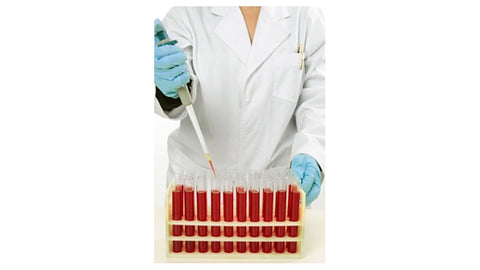
Anemia
Pernicious anemia, an auto-immune condition, is often caused by a lack of Vitamin B12 in the diet or lack of intrinsic factor in the stomach.Eat more red meat, eggs or other cobalamin-rich foods to reduce or eliminate this condition. You may also receive B12 injections from your doctor to reduce the fatigue, lack of focus and shortness of breath caused by pernicious anemia. Other symptoms of pernicious anemia include loss of balance, fever, confusion, moodiness and weight loss. Your doctor will examine you to determine the cause of your anemia. He or she will check for pale or yellow skin, a heart murmur. You’ll be tested for coordination problems due to nerve damage, and given a complete blood count test (CBC). If the CBC confirms you have anemia, your doctor will do another test to determine the exact type of anemia.

Age-Related Eye Problems
Older adults naturally find themselves getting stronger and stronger eyeglass prescriptions and buying reading glasses. But macular degeneration doesn’t have to leave you squinting constantly once you hit retirement age. Many studies have been conducted about vitamins (antioxidant vitamins in particular) and their ability to prevent vision problems. An Australian study showed people with low levels of Vitamin B12 and folate (Vitamin B9) were twice as likely to develop age-related macular degeneration. Higher homocysteine levels may increase the risk of AMD, and Vitamin B12 supplementation may reduce homocysteine.
In a study of 5, 442 female medical professionals over 40 with cardiovascular disease and no history of AMD, random participants were given a combination of Vitamin B12, Vitamin B6 (pyridoxine) and Vitamin B9 (folic acid). Note: The version of B9 added to foods is called folic acid; the natural vitamin found in food is called folate. The results show adding B vitamins, including B12, to your daily routine through supplements or food may help your eyesight stay sharp as you age. After 7.3 years, only 55 women in the B vitamin group had age-related macular degeneration compared to 82 in the placebo group.

Tingling in Hands and Feet
Tingling or numbness in your hands and feet – the kind that’s not caused by sleeping (or sitting) on your limbs, may be due to moderate to severe Vitamin B12 deficiency. A diet lacking in Vitamins B12, B6, niacin (Vitamin B3) and Vitamin B1 (thiamine) can lead to tingling extremities. If you experience these sensations, ask your doctor for a blood test. The test will determine if the tingling is due to a vitamin deficiency, pernicious anemia, nerve entrapment or another condition. Depending on the results, you may also want to take tests for methylmalonic acid levels or homocysteine levels.

Infertility
Vitamin B12 deficiency can sometimes cause temporary infertility. This affects both men and women. One study showed Vitamin B12 injections may improve sperm counts in men, and another study showed B12 supplementation over two to thirteen months improved sperm counts in over 60% of participants.
Women who are unable to conceive may suffer from a Vitamin B12 deficiency. Women who lack intrinsic factor (a stomach protein necessary to absorb Vitamin B12) or who have pernicious anemia may be unable to release an egg during the monthly cycle. This is called anovulation, and increasing the amount of Vitamin B12 through diet, injections or supplements may increase the chance of conceiving.

How to Get More Vitamin B12 through Your Diet
Cobalamin, unlike other vitamins, isn’t a product of plant synthesis. It’s synthesized by water, bacteria in the soil, and animals’ intestinal tracts. Most plants don’t contain any Vitamin B12, unless they are contaminated by manure or soil.
You consume Vitamin B12 through animal-based foods (with a few exceptions, like tofu). The best sources include:
- Shellfish
- Beef Liver
- Crab
- Mackerel
- Tofu
- Red Meat
- Skim Milk
- Eggs
- Swiss Cheese
- Yogurt
Other foods high in Vitamin B12 are lamb, shrimp, salmon, sardines, beef, tuna, cod, trout, ham and chicken. If you eat poultry, fish and/or red meat on a regular basis, along with diary products, there’s little chance you’ll develop Vitamin B12 deficiency unless you have intrinsic factor or other absorption problems.
A Final Word on Vegans, Vegetarians and Vitamin B12
A study compared vegans and vegetarians who didn’t take B12 supplements to meat eaters. It found that vegans/ vegetarians had higher levels of homocysteine than meat-eaters. The higher your homocysteine level, the greater the chances of suffering a stroke or heart attack. Taking a Vitamin B12 supplement may lower your homocysteine level and reduce your chances of coronary artery disease or stroke.
Vegetarians can guard against anemia and lack of Vitamin B12 by and eating more cheese, yogurt and eggs. Any dairy product will increase the B12 in your system, as well as calcium, Vitamin D and protein. Vegans will have a more difficult time, but supplements will increase Vitamin B12 and keep your brain and nervous system running in peak form.

